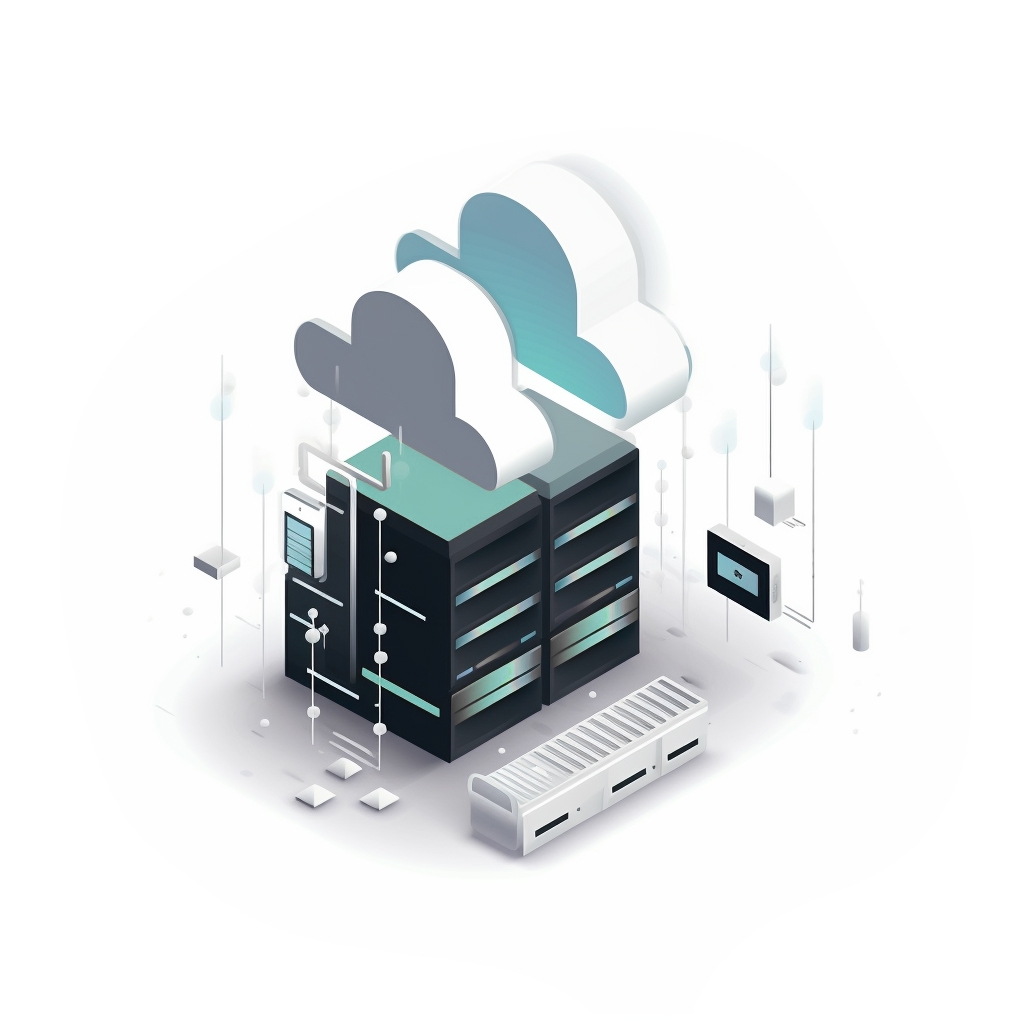
As companies continue to generate vast amounts of data from various sources, the need for efficient storage, organization, and analysis of this data becomes increasingly important. This is where data warehousing comes in. At ROX Analytics, we provide various data warehousing services, from design and development to performance optimization.
A data warehouse is a centralized repository that stores data from various sources in a format that enables efficient querying, analysis, and reporting. Unlike traditional databases, data warehouses are designed to support complex analytical queries across large data sets.

Discover how ROX Analytics can help your company unlock the full potential of your data with our range of data warehousing services. We have experience in designing, developing, and maintaining data warehouse solutions that cater to the unique needs of our clients. Our services include data warehouse integration, migration, validation, optimalization and more.
Learn more about some of the solutions we provide.







At ROX Analytics, we specialize in providing Data Warehousing solutions and services that help your company centralize, manage, and optimize your data assets. With our knowledge and expertise in Data Warehousing, we can help you improve data quality, faster data access, ensure scalability, regulatory compliance, collaboration, and better decision-making. Here are some of the benefits of partnering with us for your Data Warehousing needs.
Data warehousing enables you to consolidate data from multiple sources into a single, centralized location. This allows for easier data management and analysis, as you can access all relevant data in one place.
Data warehousing solutions help to improve the quality of your data by removing duplicate, incomplete or inaccurate data. This ensures that your data is accurate and reliable, providing a more accurate basis for decision-making.
Data warehousing solutions provide faster access to data by storing it in a centralized location optimized for querying and analysis. This allows for faster response times and more efficient data analysis.
Data warehousing solutions are designed to scale with your business needs. As your data needs grow, data warehousing solutions can easily accommodate additional data sources and users.
Data warehousing solutions help you comply with industry regulations by providing a secure, auditable and centralized location for storing data. This ensures that your data is accessible only to authorized personnel and is protected from unauthorized access.
Data warehousing solutions enable collaboration across your organization by providing a single source of truth. This ensures that everyone has access to the same data and can make decisions based on accurate and reliable information.
Data warehousing solutions enable better decision-making by providing access to accurate and relevant data. This allows for more informed decision-making, which can lead to better business outcomes and improved performance.

A data warehouse consolidates data from various sources into a single repository through a series of steps: data extraction, transformation, and loading (ETL). Data is extracted from sources like ERP and CRM systems, transformed for consistency and accuracy, and then loaded into the warehouse using reliable techniques. Users can analyze the data with SQL, OLAP, and data visualization tools to gain insights and make informed decisions. Data warehouses are optimized for high-performance reporting, handling complex queries, large volumes of data, and multiple users efficiently.
At ROX Analytics, we specialize in providing data warehousing solutions using Microsoft Azure. As an official Microsoft Gold Partner, we have the expertise and experience to deliver high-quality data warehousing solutions that meet our clients’ needs.
With Azure, we can centralize your data from various sources into a single, scalable data warehouse that allows for faster data access and improved data quality. Our team of experts can help you design, build, and manage your data warehouse, ensuring regulatory compliance and collaboration across your organization.
Azure’s powerful data integration capabilities allow us to efficiently transform and load data from various sources into your data warehouse. With Azure’s data security features, we can help you ensure the confidentiality and integrity of your data, protecting it from cyber threats.
Partnering with ROX Analytics for your data warehousing needs will provide you with a centralized source of truth, enabling better decision-making and improved collaboration across your organization. Let us help you harness the power of Azure to drive your business forward.

Data warehousing is the process of collecting, storing, and managing data from various sources to support business decision-making. The data is typically organized into a central repository or data warehouse, where it can be easily accessed and analyzed.
A data warehouse typically consists of three key components:
While both data warehouses and databases store data, they serve different purposes. Databases are designed for transactional processing, such as inserting, updating, and deleting data. Data warehouses, on the other hand, are designed for analytical processing, such as querying, reporting, and data mining. Data warehouses are optimized for querying large volumes of data, whereas databases are optimized for handling transactions.
Data warehousing plays a critical role in business intelligence by providing a centralized repository of data that can be easily accessed and analyzed. Business intelligence tools can connect to the data warehouse and enable users to create reports, dashboards, and visualizations that provide insights into business operations. Data warehousing provides the foundation for effective business intelligence by ensuring that data is accurate, consistent, and accessible.